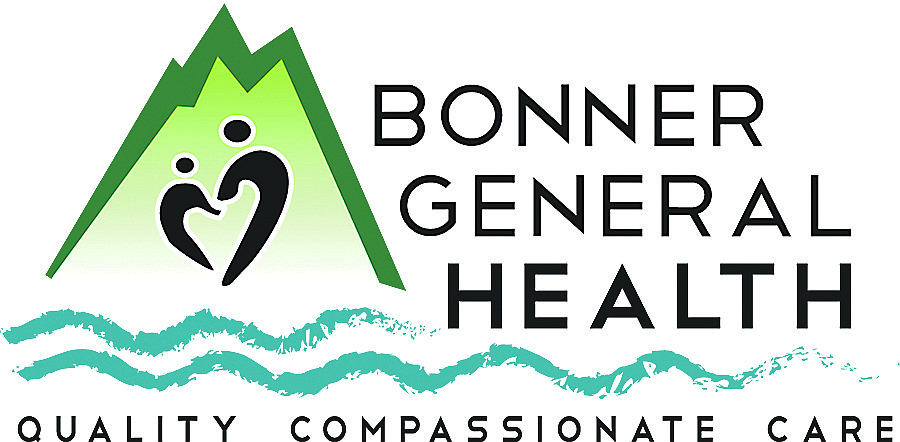Therapy can help alleviate chronic cough symptoms
Coughing is the most common reason people seek medical attention. Most of the time, there's a medical explanation. Respiratory infections, lung diseases such as COPD, allergies, asthma, sinus problems, acid reflux, medications, and smoking are frequent contributors.
But the American Lung Association says if you've had a cough for eight weeks or longer, you have what they define as chronic cough on some or most days.
"While a cough is a symptom of many lung diseases as well as some non-lung conditions, chronic cough often lasts much longer than eight weeks and continues despite treatment of any other condition and in some cases, when other diseases have been ruled out," ALA says.
They describe two types of chronic cough. The first is "symptomatic" chronic cough, which is caused by an underlying disease and can be treated once that disease has been diagnosed.
"'Refractory' chronic cough is a cough that persists despite guideline based treatment," they say. This means the cough hasn't been controlled despite multiple tests, treatments, and medications.
ALA also says, "It's important to understand that a chronic cough can also be a sign of a disease not related to the lung at all. A cough is an important reflex but should not be ongoing."
Cadie Archer is a speech-language pathologist at Bonner General Health's Performance Therapy Services. She says, "After speaking with your primary care provider and ruling out all medical factors that may be contributing to your chronic cough, another potential avenue for treatment may involve voice therapy from a trained speech-language pathologist (SLP) for a behavior-based, non-pharmacological option for cough management."
She explained, "There are multiple cough receptors, or rapidly adapting irritant receptors, along the pathway from respiratory mucosa to the cerebral cortex (brain). Think airway protection. These receptors sense a threat to your airway and initiate a motor response to protect it."
"The interaction of these cough receptors can sensitize the brainstem and heighten the brainstem reflex, which can lead to an overactive cough or any number of hyperfunctional airway disorders, including neurogenic cough, irritable larynx syndrome, or hyperfunctional muscle tension dysphonia."
"Working directly with a trained SLP, you can learn various strategies to improve vocal hygiene, reduce laryngeal tension, and help reduce cough reflex sensitivity, which can reduce cough severity and frequency and improve your overall quality of life."
The American Speech-Language-Hearing Association says chronic cough can be annoying, interrupt sleep, or give you a headache. The goal of treatment for chronic cough is to give you the tools to manage your cough. You will also become aware of what triggers your cough so that you can avoid those triggers.
Triggers you may not consider are changes in your home environment such as new carpeting, heating or air conditioning systems, or new pets. What are the conditions at your workplace? Dusty, damp, cold? Or have you traveled recently?
The SLP will go over this history with you. They also can look at your vocal folds through an endoscope to see if they are red or swollen. "The SLP may also test your voice to see if there are any changes in vocal quality that the cough might be causing," ASHA says.
The SLP is an important member of your cough team, which may include an allergist, pulmonologist, otolaryngologist, and gastroenterologist in addition to your primary care provider. SLPs work closely with providers to teach you ways to reduce coughing and keep your vocal folds healthy.
Always remember that you are the star player on your healthcare team and it's up to you to ensure you're getting the care you need.
Archer said, "If you feel as though you have exhausted all other options and can't seem to kick that lingering cough, you may consider contacting your primary care provider to request orders for speech therapy."
I say, do it today.
Kathy Hubbard is a member of the Bonner General Health Foundation Advisory Council. She can be reached at kathyleehubbard@yahoo.com.

